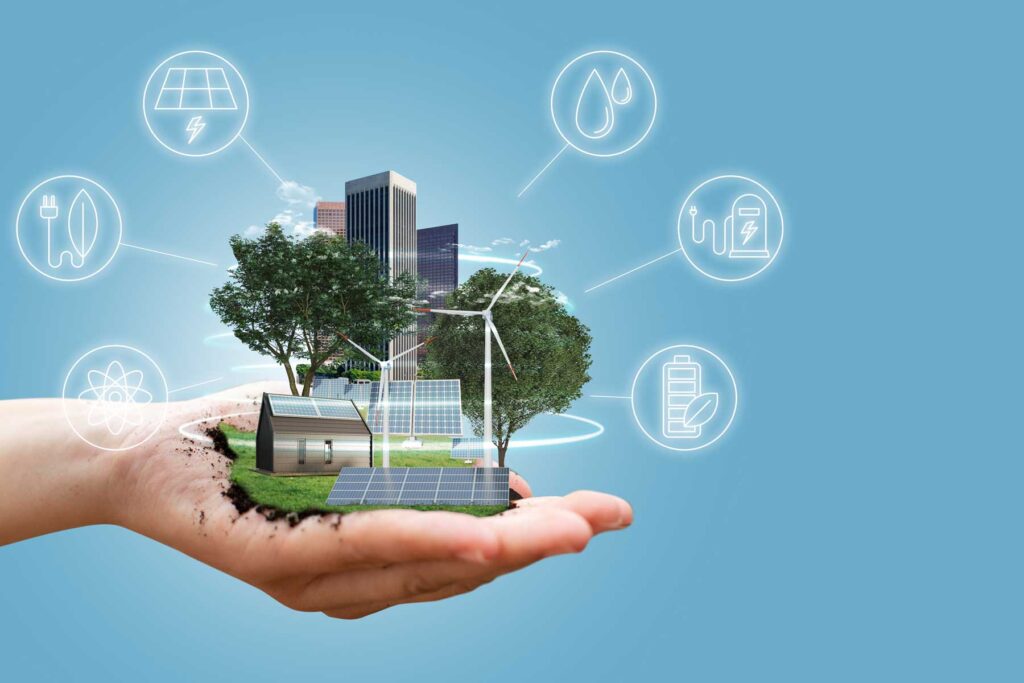Increase in Monitoring and Control:
One of the key roles of IoT in energy consumption optimization is increasing monitoring and control. Internet-connected sensors and devices provide accurate information about the energy consumption of devices and equipment. This information allows managers to more accurately and in real-time monitor energy consumption and make optimization decisions when necessary.
Optimization of Lighting Systems:
IoT can play a key role in optimizing lighting systems. This technology enables automatic adjustment of ambient light based on the environment’s needs and conditions. For example, motion sensors can detect whether the space is in use or not, and based on this information, adjust the light intensity. This action directly leads to energy savings.
Energy Management in Smart Homes:
IoT in smart homes plays a significant role in optimizing energy consumption. By connecting home devices to the Internet, remote control over heating, cooling, lighting, and other energy-consuming equipment becomes possible. The smartification of these systems optimizes energy consumption and consequently reduces energy costs.

Optimization of Energy Networks:
The Internet of Things can also help optimize energy networks. By gathering data from connected sensors and devices, energy providers can create more intelligent algorithms for energy distribution and load management. This optimization increases efficiency and prevents energy waste.
Increased Intelligence in Devices:
Intelligence in devices improves efficiency and reduces energy consumption. The Internet of Things can allow devices to operate more intelligently by automatically detecting and optimizing environmental conditions. For example, an automatic heating system can provide the optimal heating conditions based on ambient temperature and the presence of individuals.
Conclusion:
The use of the Internet of Things in optimizing energy consumption not only leads to cost savings but also plays an important role in preserving the environment and reducing the negative effects of energy production on human life. As a pioneer in the smart energy revolution, this technology guides organizations and communities towards the optimal use of energy resources and the reduction of its side effects.

